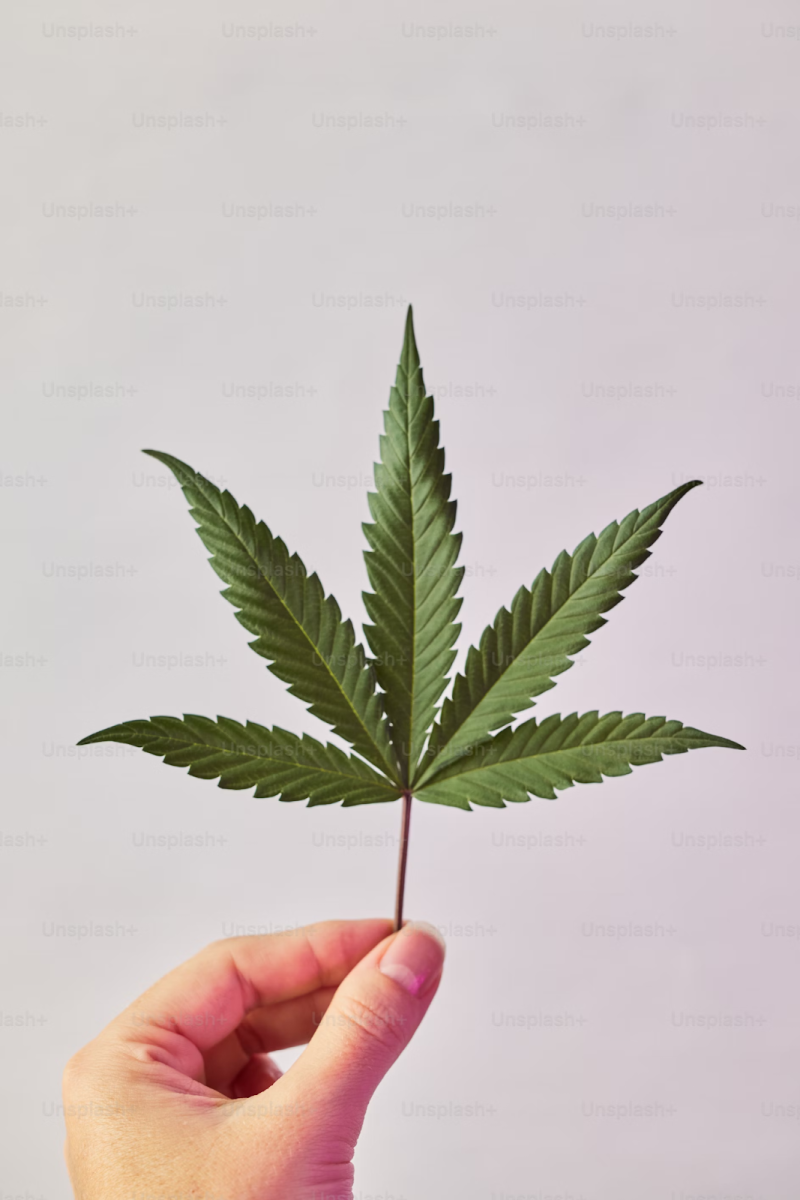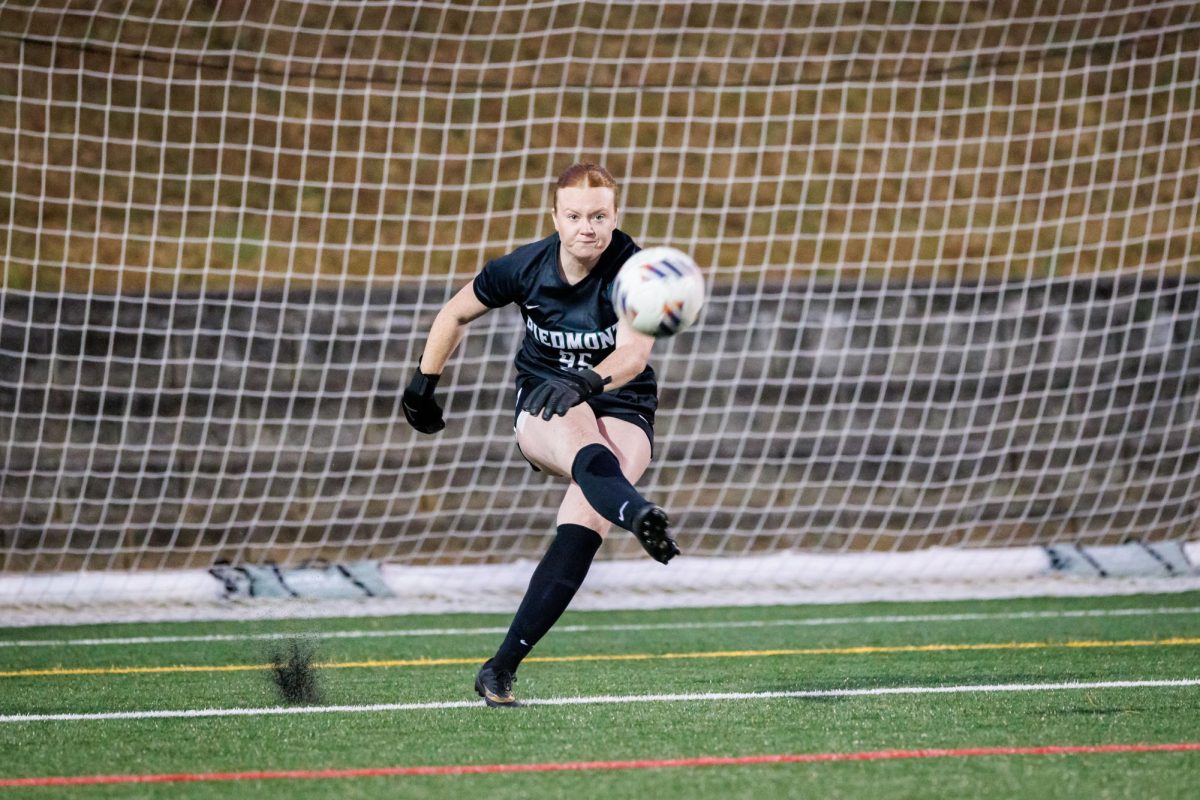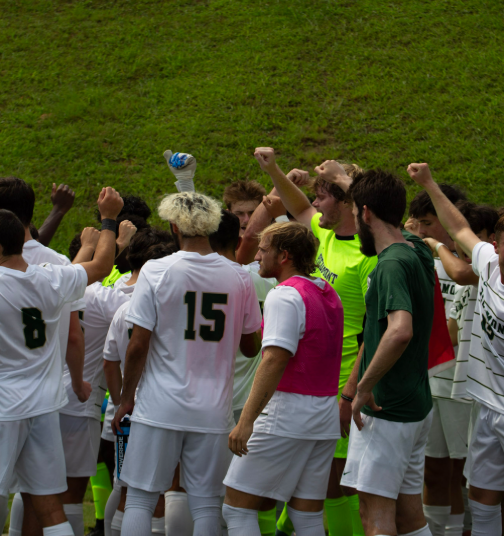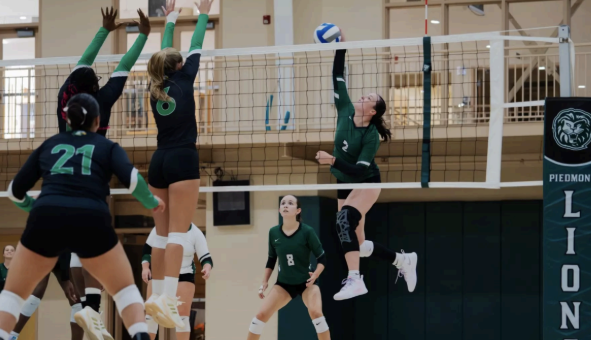Cannabis, marijuana, weed, pot, whichever name you would like to use has been removed from the NCAA banned substance list as of June 26, 2024.
Two years ago, the NCAA started proposing ideas of a “not so harsh” marijuana policy. In 2022, the committee decided to slightly increase the THC threshold levels for college athletes, which allowed the use of CBD products only.
As of this June, there are no longer penalties for athletes failing drug tests because of any type of cannabis products.
“The NCAA drug testing program is intended to focus on the integrity of competition,” said Council Chair Josh Whitman, also the University of Illinois’ athletic director.
The main reason that the NCAA requires drug testing of student-athletes is to make sure that no students are harming themselves or trying to compromise the integrity of competition by using performance-enhancing drugs.
“Cannabis products do not provide a competitive advantage,” added Whitman.
Therefore, it does not match the NCAA’s original intent of their drug testing program, which was to “focus on integrity of competition”. So why was it ever there in the first place?
In 1986, when the NCAA adopted their drug testing program, medical and recreational use of cannabis was illegal across the entire United States. A lot has changed since then, which is why there is an updated banned substance list due to the change in the cultural and legal environment encompassing marijuana.
Although cannabis is still an illegal drug at the federal level, there have been many changes involving marijuana laws within the past decade. The recreational use of cannabis is legal in 24 states in the U.S. as of this year, which does not include Georgia.
Since Piedmont is not a Division I school, Piedmont and other Division III schools still have the option to administer drug tests that include testing for cannabis. These tests are administered by the school or conference, and not the NCAA.
Piedmont has yet to make any announcements regarding where they stand on the changes to the banned substance list, but with the way things are trending, it appears that testing college athletes for marijuana at any collegiate level will soon be obsolete.














